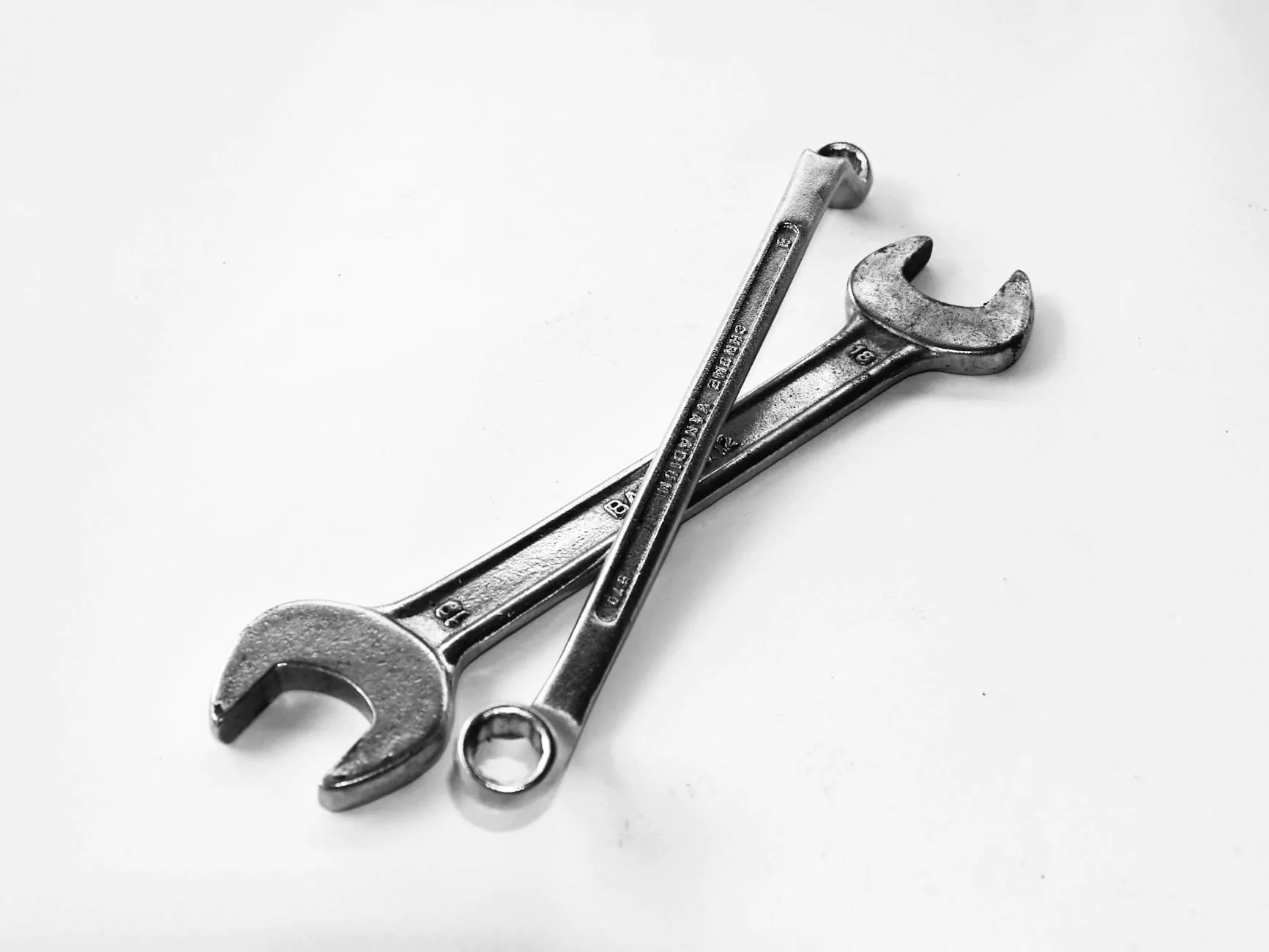Understanding the Importance of Industrial Dehumidifiers for Your Business

In today's rapidly evolving industrial landscape, maintaining optimal environmental conditions is crucial for efficiency, safety, and quality assurance. Among the many technologies that contribute to these conditions, industrial dehumidifiers play a pivotal role. Let's delve deep into the essentials of industrial dehumidification, its benefits, and why your business should consider investing in this technology.
What is an Industrial Dehumidifier?
An industrial dehumidifier is a specialized device designed to reduce and maintain the level of humidity in the air. Unlike standard dehumidifiers used in homes, industrial models are significantly more powerful and are engineered to handle larger volumes of air and moisture. They are crucial in various settings, including:
- Manufacturing facilities
- Food processing plants
- Pharmaceuticals
- Data centers
- Warehouses
- Textile production
How Do Industrial Dehumidifiers Work?
The primary working mechanism of industrial dehumidifiers revolves around the principles of condensation and absorption. These devices typically come in two main types:
1. Refrigerant Dehumidifiers
Refrigerant dehumidifiers cool the air, causing moisture to condense. The moisture is collected and drained away, while the cooled and dehumidified air is circulated back into the environment. This method is highly effective in conditions where temperatures are relatively moderate.
2. Desiccant Dehumidifiers
On the other hand, desiccant dehumidifiers utilize hygroscopic materials that absorb moisture from the air. This type is particularly useful in low-temperature environments and can significantly lower humidity levels without the need for cooling the air. Desiccant dehumidifiers are often used in sensitive industries, such as electronics manufacturing.
Why Your Business Needs an Industrial Dehumidifier
The benefits of installing an industrial dehumidifier in your business cannot be overstated. Here are several compelling reasons why every business should consider it:
1. Enhanced Product Quality
Excess humidity can lead to various quality issues, especially in sectors like food production and pharmaceuticals. High moisture levels can promote mold growth, corrosion, and spoilage, impacting the overall quality of the products. Dehumidifiers ensure that moisture levels remain within the ideal range, preserving product integrity.
2. Improved Worker Safety and Comfort
High humidity can create uncomfortable working conditions, leading to reduced worker concentration and efficiency. Additionally, mold and mildew can pose health risks. By controlling humidity levels, industrial dehumidifiers contribute to a safer and more comfortable working environment.
3. Protection of Equipment and Infrastructure
Many industrial machines and systems are sensitive to moisture. Excessive humidity can lead to equipment rusting, malfunctioning, and requiring expensive repairs or replacements. By maintaining a steady and appropriate humidity level, you can protect your investments and extend the lifespan of your machines.
4. Energy Efficiency
Interestingly, controlling indoor humidity can lead to reduced energy costs. When humidity levels are managed correctly, there is less strain on cooling systems, which means lower energy consumption. This dual benefit of improved comfort and reduced costs makes investing in industrial dehumidifiers a practical choice for businesses.
Applications of Industrial Dehumidifiers
Industrial dehumidifiers are incredibly versatile and can be employed in various sectors. Here are some notable applications:
1. Food Industry
In food production and storage, moisture control is vital. Dehumidifiers inhibit the growth of bacteria and mold, thus preserving the quality and safety of food products. By maintaining the right humidity, businesses can comply with health regulations and avoid costly waste.
2. Pharmaceutical Manufacturing
Pharmaceuticals require precise environmental conditions. High humidity can compromise the integrity of drugs, leading to ineffective or harmful products. Industrial dehumidifiers ensure that humidity levels in manufacturing and storage areas remain within strict limits, safeguarding product efficacy.
3. Data Centers
In data centers, controlling humidity is as critical as controlling temperature. Excess moisture can cause electrical components to short-circuit and lead to costly downtime. Industrial dehumidifiers help maintain a stable environment, ensuring equipment operates efficiently and minimizing the risk of failures.
4. Construction Sites
Excess moisture can delay construction projects by affecting the drying times of materials like concrete. By using dehumidifiers on sites, contractors can facilitate quicker drying, reducing delays and boosting productivity.



